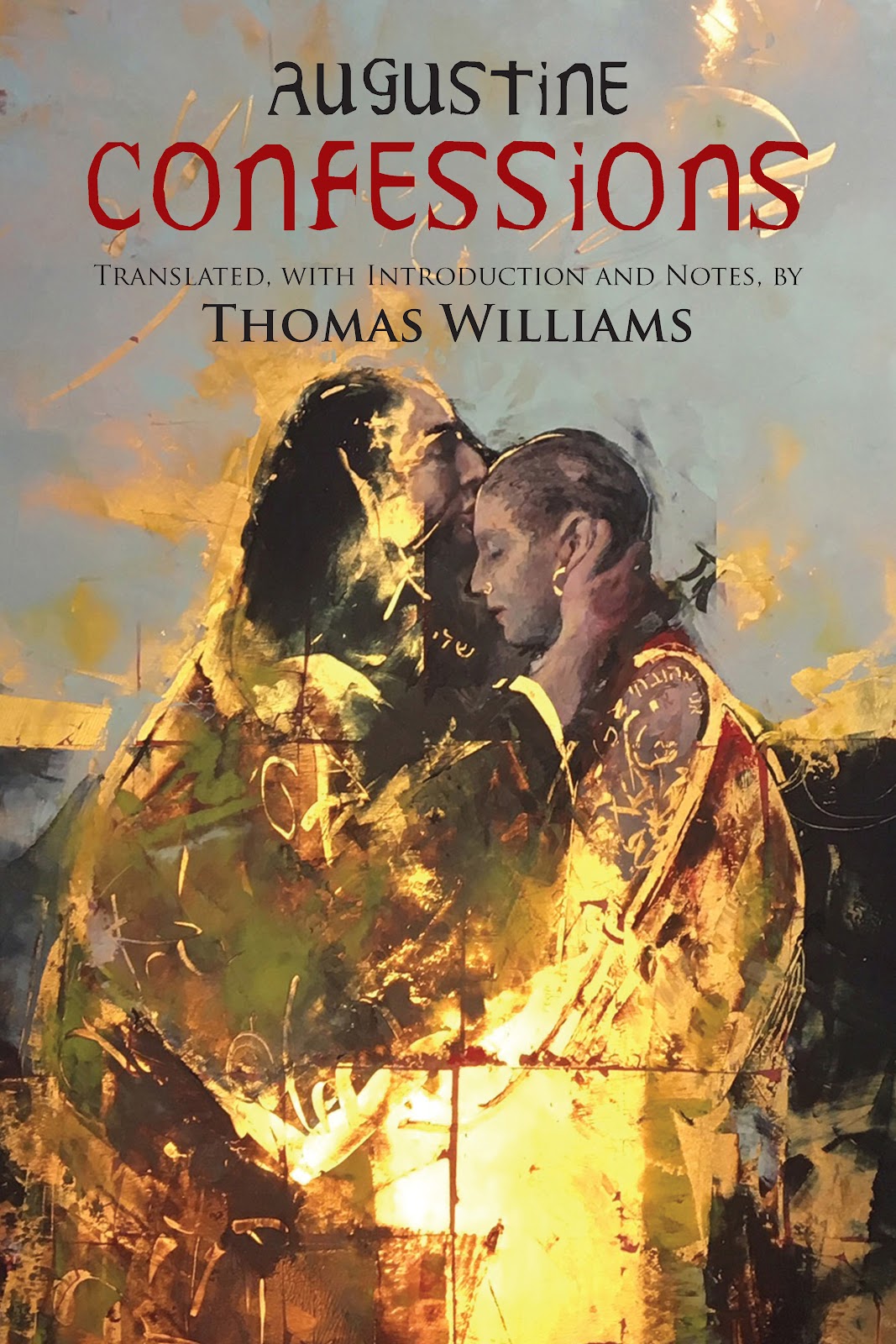Enchantment
"'There's some
extraordinary things in books,' said the mariner." - H. G.
Wells (1)
I
have found in my current rereading of Don
Quixote that an extraordinary challenge was understanding Don Quixote's
character - trying to come to terms with the thematic relevance when
he demonstrates in a serious way the odd, at times ludicrous nature
of his behavior. I am referring to what is often called enchantment.
Early
in Cervantes' novel the effect of reading "Chivalric Romances"
is described with the curious result of the "enchantment"
of the hidalgo, Don Quixote of La Mancha. “In short he became so
immersed in his books that he spent the night reading from dusk to
dawn, and the days from dawn to dusk, until at last, from little
sleeping and much reading, his brain dried up, and he came to lose
his wits.” The idea that reading could result in the imaginative
adventures of Don Quixote is so fantastic that it seems only
appropriate to label it enchantment.
Henry
David Thoreau put it differently when, in his chapter entitled
“Reading” in Walden
he wrote:
“How
many a man has dated a new era in his life from the reading of a
book.”(2)
Certainly
Don Quixote's life entered a new era after he “immersed” himself
in Chivalric romances.
I
remember one book that led me to stay awake from dusk to dawn when I
was but a youth. My reading of Alexandre Dumas' The
Count of Monte Cristo
kept me awake as I read about his near death experience in the
Chateau d'If prison, his escape, and his new life as he took
vengeance on his enemies. But to this day the most memorable scene in
that book for me was Edmond Dantes' education reading books in the
prison under the tutelage of the Abbe Faria who would ultimately save
his life. This was not only a formative moment in my reading life but
also a dramatic example of Thoreau's observation on the power of
reading.
Cervantes'
example is echoed throughout literature in the centuries following
his creation at the dawn of the seventeenth century. Some of my
favorite moments include the several examples throughout the novels
of Charles Dickens, not only when he echoes the relationship of Don
Quixote and Sancho Panza in The Pickwick Papers as the book shows Mr.
Pickwick hiring Sam Weller as his personal servant, but more
importantly – for the theme of being enchanted by books – when he
describes the library of books devoured by young David Copperfield:
“It
was this. My father had left a small collection of books in a little
room upstairs, to which I had access (for it adjoined my own) and
which nobody else in our house ever troubled. From that blessed
little room, Roderick Random, Peregrine Pickle, Humphrey Clinker, Tom
Jones, the Vicar of Wakefield, Don Quixote, Gil Blas, and Robinson
Crusoe, came out, a glorious host, to keep me company. They kept
alive my fancy, and my hope of something beyond that place and
time,—they, and the Arabian Nights, and the Tales of the Genii,—and
did me no harm; for whatever harm was in some of them was not there
for me; I knew nothing of it.
It is astonishing to me now, how I found time, in the midst of my porings and blunderings over heavier themes, to read those books as I did.”(3)
The examples abound in my recent reading as well, where the enchantment of reading was significant in the literary lives of both Anna Karenina and Emma Bovary, perhaps contributing in no small part to their tragic endings. The best way I have found to handle the effect of reading literature is to relish the enchantment and try your best to find a way to relate it to your life. Gustave Flaubert, in particular, can be called upon for good advice in that regard when he encouraged his friend, Mademoiselle de Chantepie with the words:
“Read
to live!”(4)
______________
Notes:
Wells,
H. G. The
Invisible Man.
New York: Everyman's Library, 2010 (1897), p. 153.
Thoreau,
Henry David. Walden.
New York: Time, Inc., 1962 (1854), p. 105.
Dickens,
Charles. David
Copperfield. New
York: Penguin Classics, 2004 (1850), p. 66.
Manguel,
Alberto. The
Traveler, The Tower, and the Worm.
Philadelphia: University of Pennsylvania Press, 2013, p. 111.


































